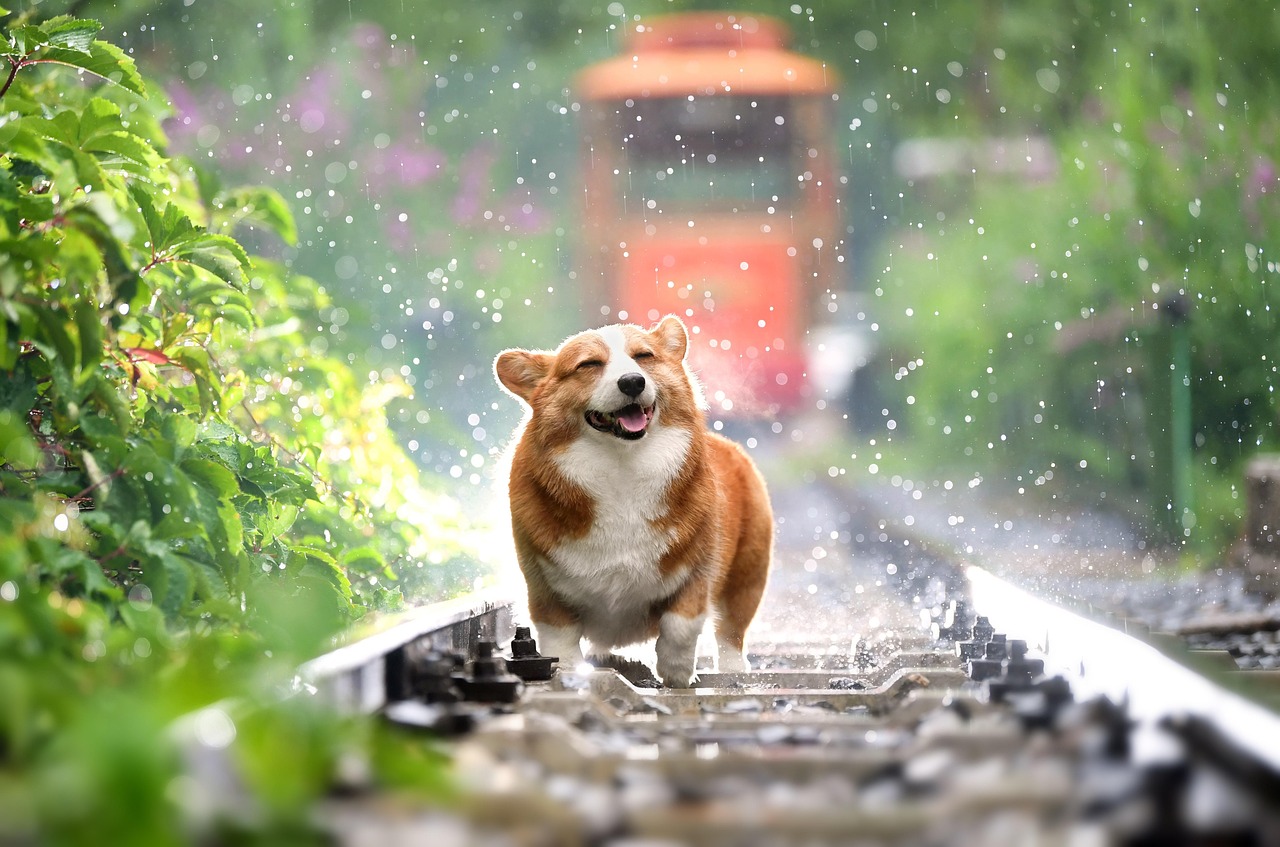Rain-Rain please stay! As the monsoon season commences in India, the wilderness and spirit of fun follow. A pluviophile is someone who enjoys the rain and finds joy and peace of mind on rainy days. Although in biology it means, an organism that thrives in wet conditions. Rain is a symbol of love, acceptance and surrender, awareness, good luck, happiness and so much more.
Rain teaches us that we do not have control over everything, that learning to adapt to changing circumstances is healthy, that it is an opportunity to slow down and rest, and so much more. So, today, I will share with you all the fun facts about rain:
- Antarctica is the least rainy place on the planet, not desert. It had the lowest annual rainfall of any continent, with only 6.5 inches of rain or snow falling on it each year.
- There is a scientifically proven way to get less wet in the rain: the faster you get out of the rain, the drier you will be, regardless of how many raindrops you encounter.
- We love the smell of rain because of a molecule called geosmin, which is produced by soil-dwelling bacteria. Rain creates air pockets, which contain trace amounts of geosmin. The rain collects and then releases these air pockets, dispersing geosmin into the air and allowing it to reach human sniffers. Rain has even been given a name: “Petrichor.”
- Mawsynram in Meghalaya, India, holds the title of the wettest place on the planet.
- Summer crops such as rice, cotton, cane, and soybean are planted as the monsoon rains arrive.
- The monsoon season has an impact on gold demand in India, the world’s largest consumer of the yellow metal, as purchases increase when farm incomes rise due to high crop output.
- Rain usually falls in two forms: drizzle and showers. A drizzle is a slow, light rain, whereas a shower is a quick, heavy rain.
- Raindrops fall at speeds ranging from 7 to 18 mph. They could fall much faster in the wind.
- Rain is made up of more than just water. It could have dirt, dust, insects, grass, or even chemicals in it. That explains why rain feels different from water on our skin.
Just Remember: People would decrease like flies if the rain stopped falling due to the rampant diseases that would spread around the world. There would be no oxygen to breathe if plants did not convert carbon dioxide into oxygen. All life forms that rely on oxygen would become extinct.
Rain enables modern life by providing water for agriculture, industry, hygiene, and electricity generation.
Read More:
– Interesting facts about Human Body
– Facts about Taj Mahal – The Symbol of Love
– Interesting Facts about Indian Currency


